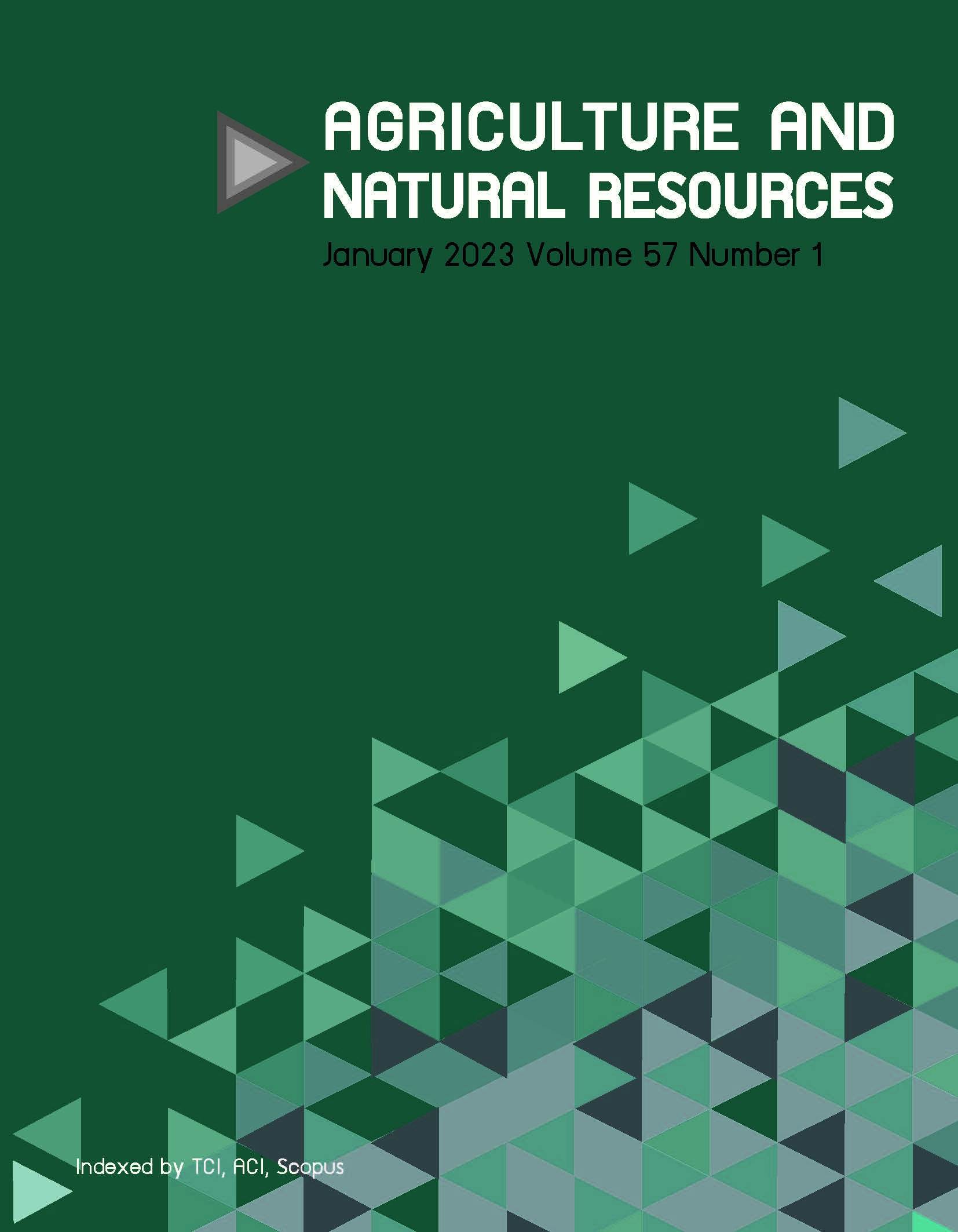Activation of inflammatory cytokines and oxidative stress of horse immune response after cobra venom immunization for therapeutic antivenom production
Keywords:
Cobra, Cytokine, Gene expression, SYBR green real-time reverse transcriptasepolymerase chain reactionAbstract
Importance of the work: Inflammatory cytokines and oxidative stress provide usefulinformation relating to the immune response of horses after cobra boosting.
Objectives: To evaluate the release of inflammatory cytokines and oxidative stress in horses after receiving a cobra booster.
Materials & Methods: Twenty horses used for producing cobra antivenom were separated into three groups of immune phenotypes according to neutralizing antibody titer in mice (high antibody titers, low antibody titers and non–response). Cytokine mediators, related proteins and oxidative stress were measured up to 1 mo after a cobra booster using SYBR Green real-time reverse transcriptase polymerase chain reaction and biochemical methods, respectively.
Results: Only horses with high and low antibody titers began to elevate substantially on d 7 and peaking on d 14 but at different levels. Oxidative stress, malondialdehyde, glutathione reductase, catalase and superoxide dismutase, with high and low antibody titers, were significantly (p < 0.05) increased on d 7 after getting a booster dose and were only slightly changed in horses in the non-response group. Only IL–4 and IL–10 showed significant (p < 0.05) differences under the influence of the three groups of immune phenotypes and date–time.
Main finding: With a cobra booster, measurement of mRNA expression of cytokine mediators (especially IL–4 and IL–10) and oxidative stress could be additional immunological parameters to monitor or predict clinical responses to cobra venom and may also reduce the number of animals used in the process of snake antivenom production. The gained knowledge should help to develop strategies to achieve a successful immunization schedule and high–quality snake antivenom.
Downloads
Published
How to Cite
Issue
Section
License
Copyright (c) 2023 Kasetsart Universityonline 2452-316X print 2468-1458/Copyright © 2022. This is an open access article under the CC BY-NC-ND license (http://creativecommons.org/licenses/by-nc-nd/4.0/),
production and hosting by Kasetsart University of Research and Development Institute on behalf of Kasetsart University.







